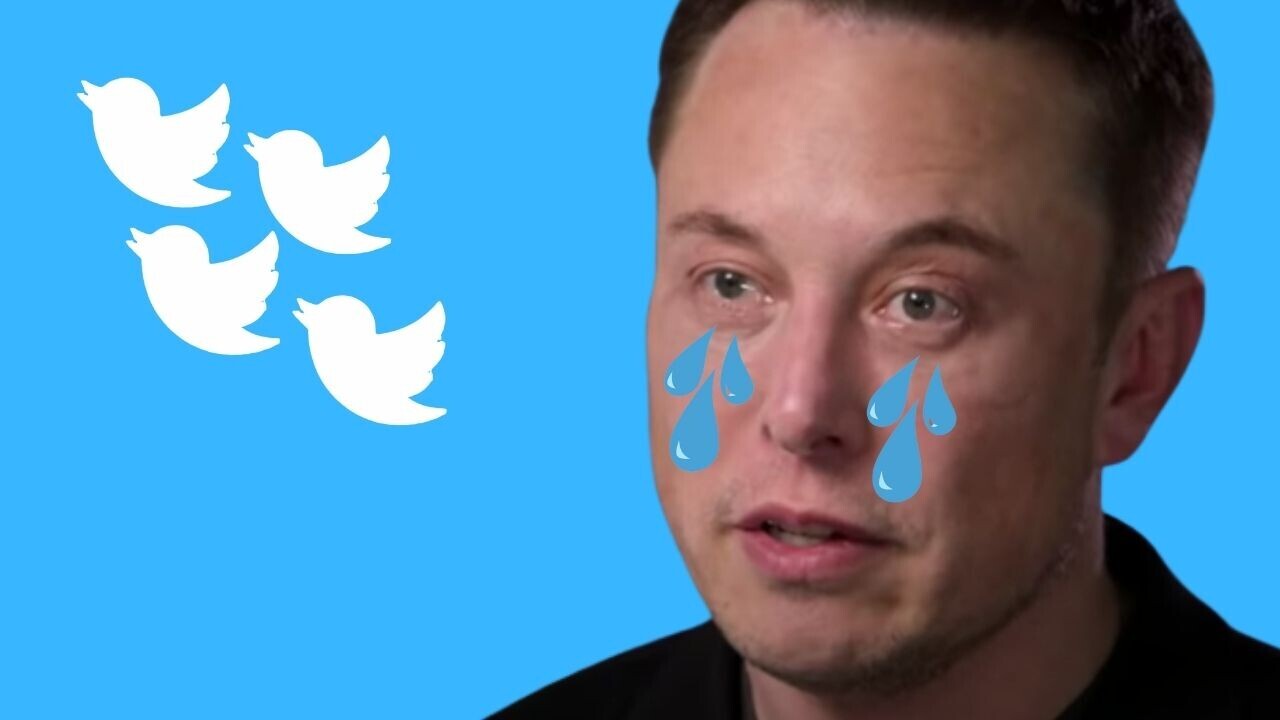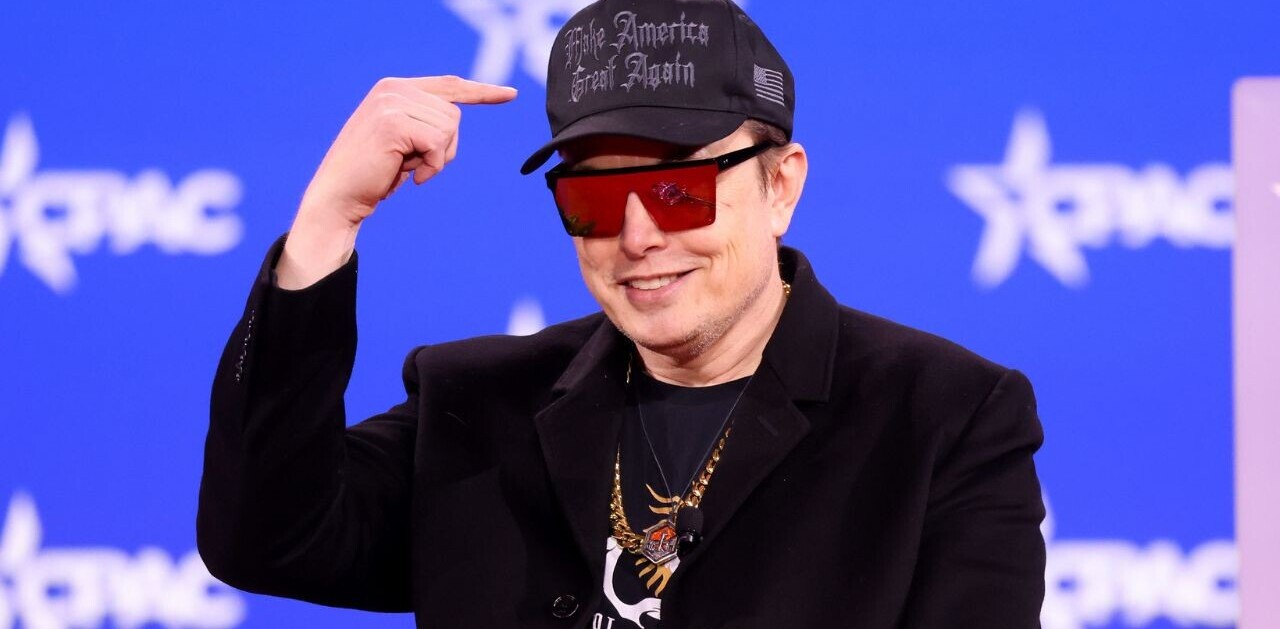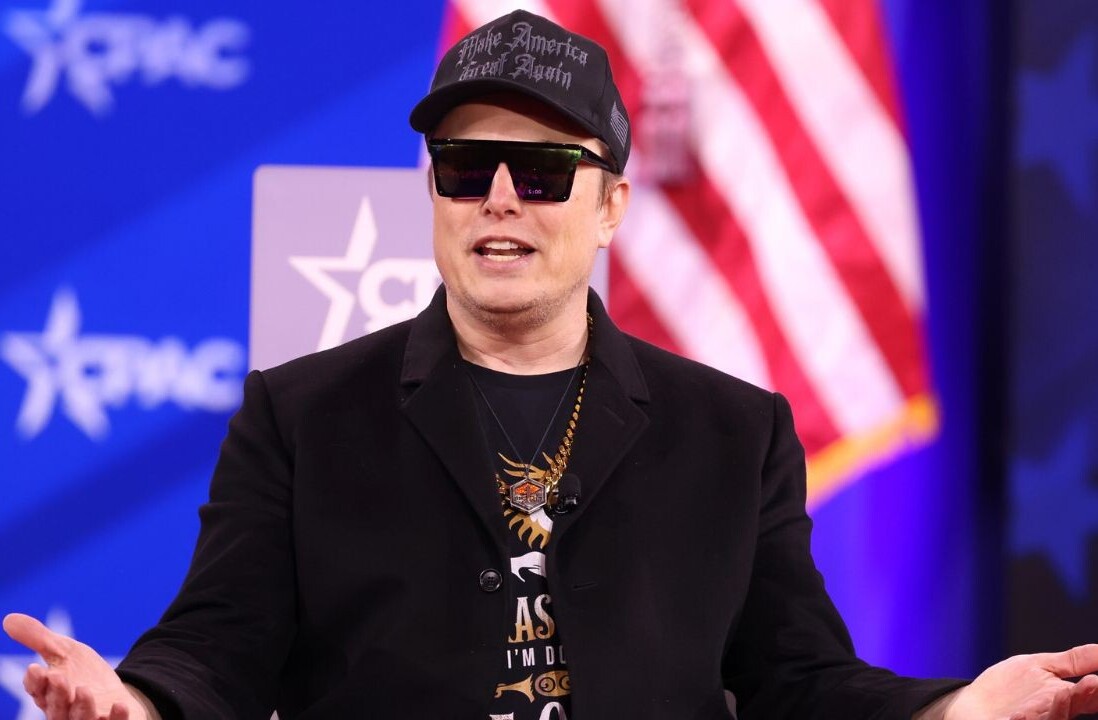Elon Musk’s time on Twitter’s board of directors has ended before it even began.
On Sunday, the platform’s CEO announced that Elon won’t be accepting a seat on its board after all. That’s just five days after the celebrity billionaire bought a 9.2% stake of Twitter — making him the biggest shareholder of the company — and was appointed a board member.
Take a look at CEO Parag Agrawal’s announcement:
Elon has decided not to join our board. I sent a brief note to the company, sharing with you all here. pic.twitter.com/lfrXACavvk
— Parag Agrawal (@paraga) April 11, 2022
According to Agrawal, Musk’s reign as a board director was supposed to begin on April 9, but on that very day, he declined the offer.
After the news broke, Elon Musk tweeted and then removed a shy hand-over-face emoji:

But neither he, nor Twitter’s CEO, have publicly given a clear reason why. Nevertheless, there’s a number of possible explanations we can think of.
First off, while on the board, Musk would only be permitted to hold a maximum of 14.9% of the company.
As a passive stakeholder, however, he would be free not only to acquire a larger share than that, but also advance to a total takeover — which isn’t really unimaginable for the wealthiest person on the planet.
What’s more, as a fiduciary of Twitter, Elon Musk would have to “act in the best interest of the company and all [its] stakeholders” as Agrawal states in his announcement.
This would probably mean that Elon would need to limit his controversial tweets about the company, such as this one (posted after he had already bought his stake, mind you):
Most of these “top” accounts tweet rarely and post very little content.
Is Twitter dying? https://t.co/lj9rRXfDHE
— Elon Musk (@elonmusk) April 9, 2022
Identifying himself as a “free speech absolutist,” Elon seems to value his right to freedom of speech perhaps a bit too much, having vigorously criticized among others… Twitter.
Free speech is essential to a functioning democracy.
Do you believe Twitter rigorously adheres to this principle?
— Elon Musk (@elonmusk) March 25, 2022
Furthermore, Agrawal mentioned a “background check” as part of the process in bringing Musk on board, and it’s likely that Musk didn’t pass with flying colors.
In 2018, after he mused about taking Tesla private in a tweet and inaccurately claimed that he had secured funding, he was fined $40 million by the US Securities and Exchange Commission (SEC), and has since been forced to have his tweets reviewed by a corporate lawyer prior to posting.
A number of Twitter employees, who spoke to Reuters for a story published last week, also expressed concerns over Musk’s appointment, citing the danger of weaker policies that could encourage abusive or harmful content.
And it’s not unreasonable to think that the board of directors may have had concerns about offering Musk the ability to change the company’s strategies and policies — or simply granting him too much power over how the platform operates.
After all, the entrepreneur has a history of silencing critics with legal threats, firing staff who disagree with him, and demanding customers sign non-disclosure agreements as a condition of service.
Whatever the actual reasons might be behind Musk’s reversed course, we’re not too sad about it.
Get the TNW newsletter
Get the most important tech news in your inbox each week.






